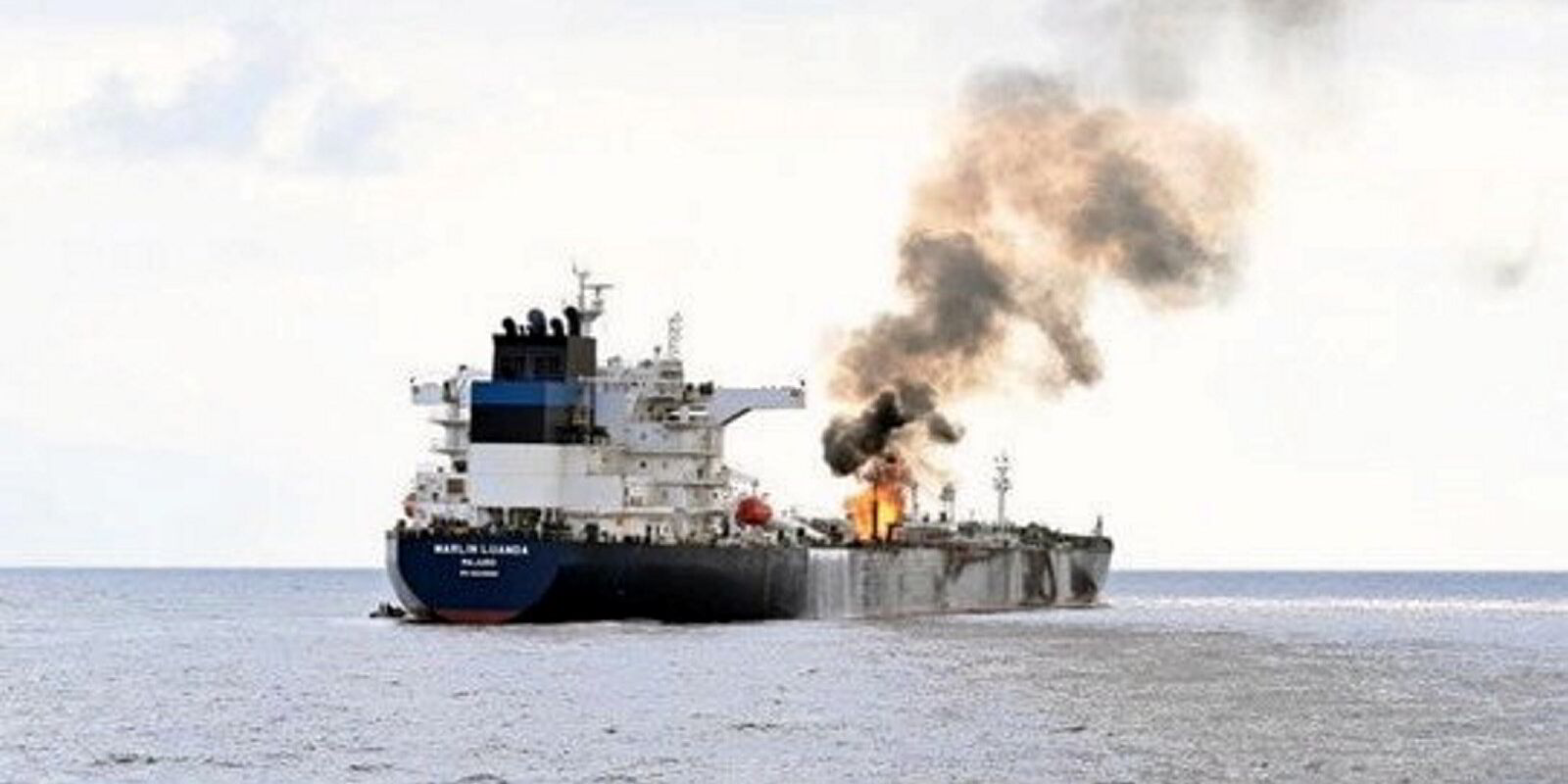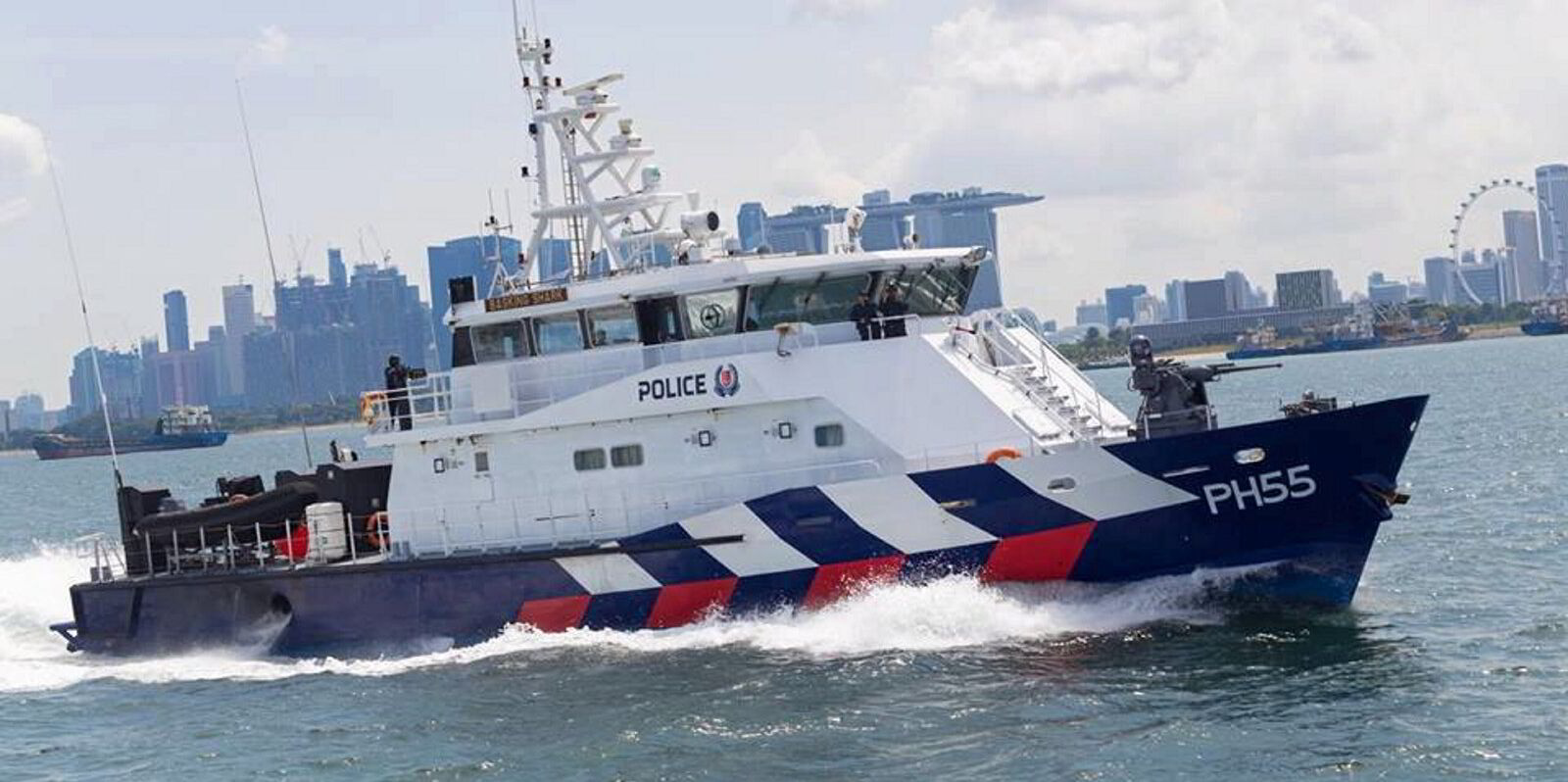Seafarers navigating the Red Sea under risk of terrorist attacks are building up possible mental health problems, according to psychologists who are urging more action to care for their needs.
With attacks on shipping reported weekly, if not daily, thousands of seafarers are being put into some of the most stressful situations of their lives, clinical psychologist Alexander Dimitrevich said.
He is lead consultant at Hamburg-based Mental Health Support Solutions, focusing on crew welfare.
Seafarers told to head into the Red Sea do so knowing they could be attacked by Houthi militia who are seeking to inflict terror by taking lives and sinking ships.
Reports suggest that three seafarers have died in various attacks over the past six months.
“This is pure terror. They are terrorists” said Dimitrevich, who has previously worked with and spoken to hundreds of seafarers who had been subject to piracy attacks in the Gulf of Aden.
Even if a ship is not attacked, the crew will still have to go through the trauma of fearing a fatal attack.
They have a real fear of death, even if they are not attacked, Dimitrevich said, and this can harm their mental health.

Such stress and trauma could lead to moral injury, which can be defined as a “strong cognitive and emotional response that can occur following events that violate a person’s moral or ethical code,” according to the Lancet medical journal.
Moral injury could lead to post-traumatic stress disorder, a situation once associated with war veterans but today known to develop in other stressful situations.
This is not like piracy
While the piracy attacks in the Gulf of Aden a few years ago were also headline news, there are some key differences from a crew mental health perspective, according to Dimitrevich.
He interviewed about 150 seafarers who had been in piracy attacks and the key difference was that the pirates were after money, not the seafarers’ lives.
Even then crews were allowed to leave their vessels before sailing through the risk area.
“But when we talk about Houthi attacks, their idea is to terrorise seafarers and ships. They use drones. This is not a threat or blackmail. It is an attempt to kill as many as they are able to, so the stress levels are higher,” Dimitrevich said.
A further stress complication is with seafarers’ families who may hear in the news about the attacks and know that their loved ones will be travelling through a risky area.
Their worry and concern will also have a negative impact on seafarers’ well-being, Dimitrevich added.(Copyright)




